Description
The nutrition and habits your child receives when they're young can stay with them through adulthood. Elisa Sloss, Hy-Vee dietitian and vice president of HealthMarket, answers our questions on how diet can positively and negatively affect child growth.
How Important Is a Healthy Diet?
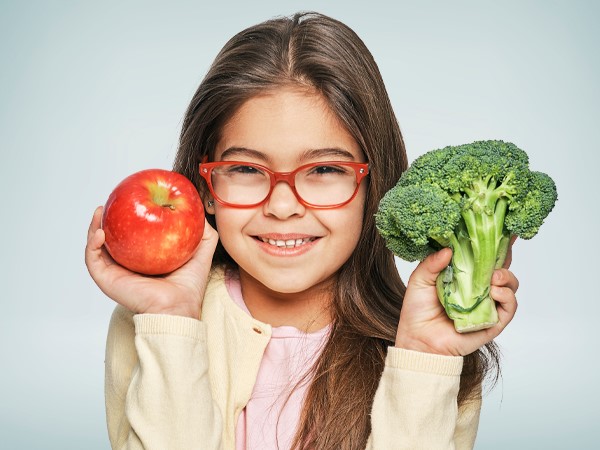
Kids need proper nutrients—macronutrients like carbs, protein, and fat, and micronutrients like vitamins and minerals—to grow up healthy and strong.
Eating a balanced diet when young sets up a foundation for good eating habits and nutritional understanding throughout life.
How Do You Know if Your Child Is Getting All the Nutrients Needed from Their Food?

Always consult with a medical professional if you have concerns. Being under- or overweight, having overall poor physical growth, pale skin, tooth decay, and constipation are the more obvious signs of missing nutrients. It also may manifest in behavioral problems, sleep issues, and difficulties at school.
Are There Any Foods That Kids Shouldn't Eat?
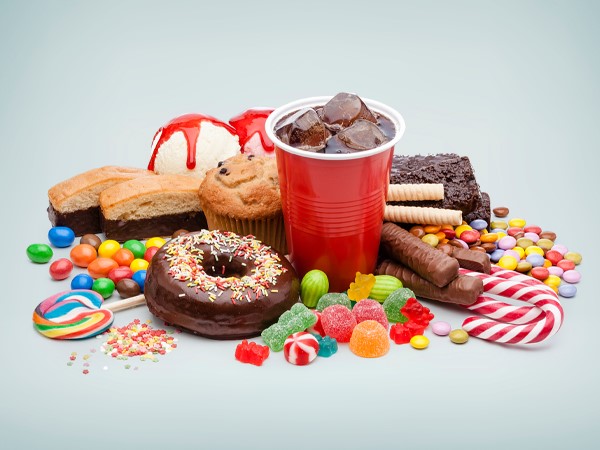
All foods can be fine in moderation. Treats and processed foods like chips, cake, candy, and fast food—and sugary drinks like soda, juice, sports drinks, and flavored waters—can be enjoyed occasionally, but shouldn't be staples in their diet.
How Can You Encourage Kids to Eat Healthy Food They Might Not Like?

Introduce gateway foods by combining healthy or new options with foods your child already likes.
It also helps to offer kids lots of options and get them involved in grocery shopping and cooking so they have a say in what they eat and start making healthy choices on their own.
Do Kids Need Multivitamins or Supplements?
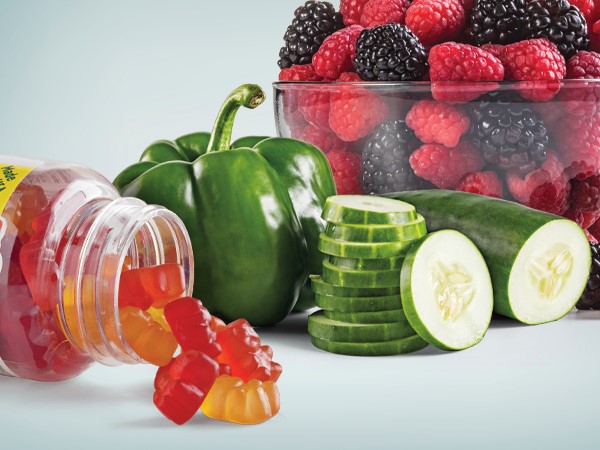
For most healthy children who are growing normally, multivitamins aren't necessary. Foods are the best source of nutrients, so regular, balanced meals and snacks can provide everything kids need.
Vitamins might be helpful in cases of a growth delay or certain food allergies. Check with your pediatrician.
What Nutrients Should Kids Load Up On?
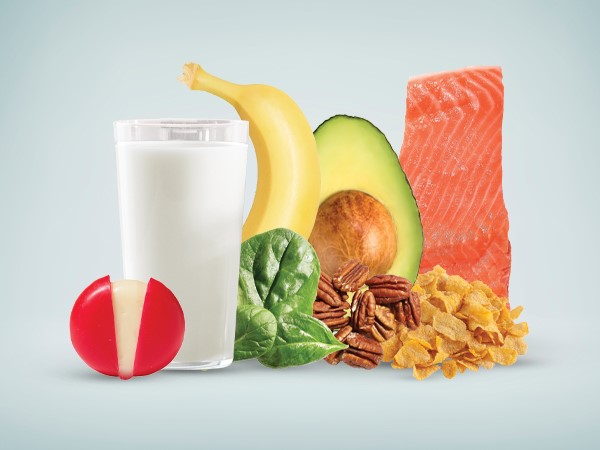
These key nutrients contribute to overall health and development.
Calcium: This plays a critical role in bone and tooth development during younger years.
Vitamin D: Build healthy and strong bones and support the immune system. Find it in fish, egg yolks, and cereal.
Potassium: Keep muscles and nerves healthy while promoting normal blood pressure. Fill up on bananas, spinach, and peas.
Fiber: Nourish the gut and help with digestive system regularity. High-fiber foods include nuts, avocados, and strawberries.
What Is an Example of a Balanced Meal for Kids?
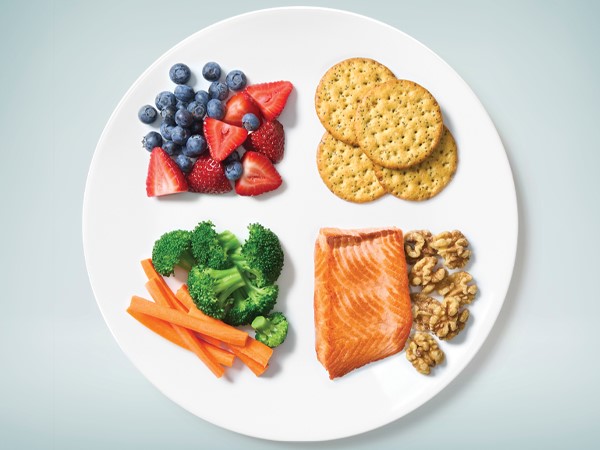
A healthy meal for kids includes a variety of foods to achieve a mix of nutrients.
Fruit: Serve kids fresh fruits in a rainbow of colors and range of flavors.
Veggies: Load plates with vibrant veggies that add vitamins.
Dairy: Build and maintain strong bones with cheese, Greek yogurt, and milk.
Grains: Whole-grain options for pasta, bread, wraps, and more contain fiber and nutrients.
Protein: Help kids build muscle to grow strong with a healthy dose of protein.

